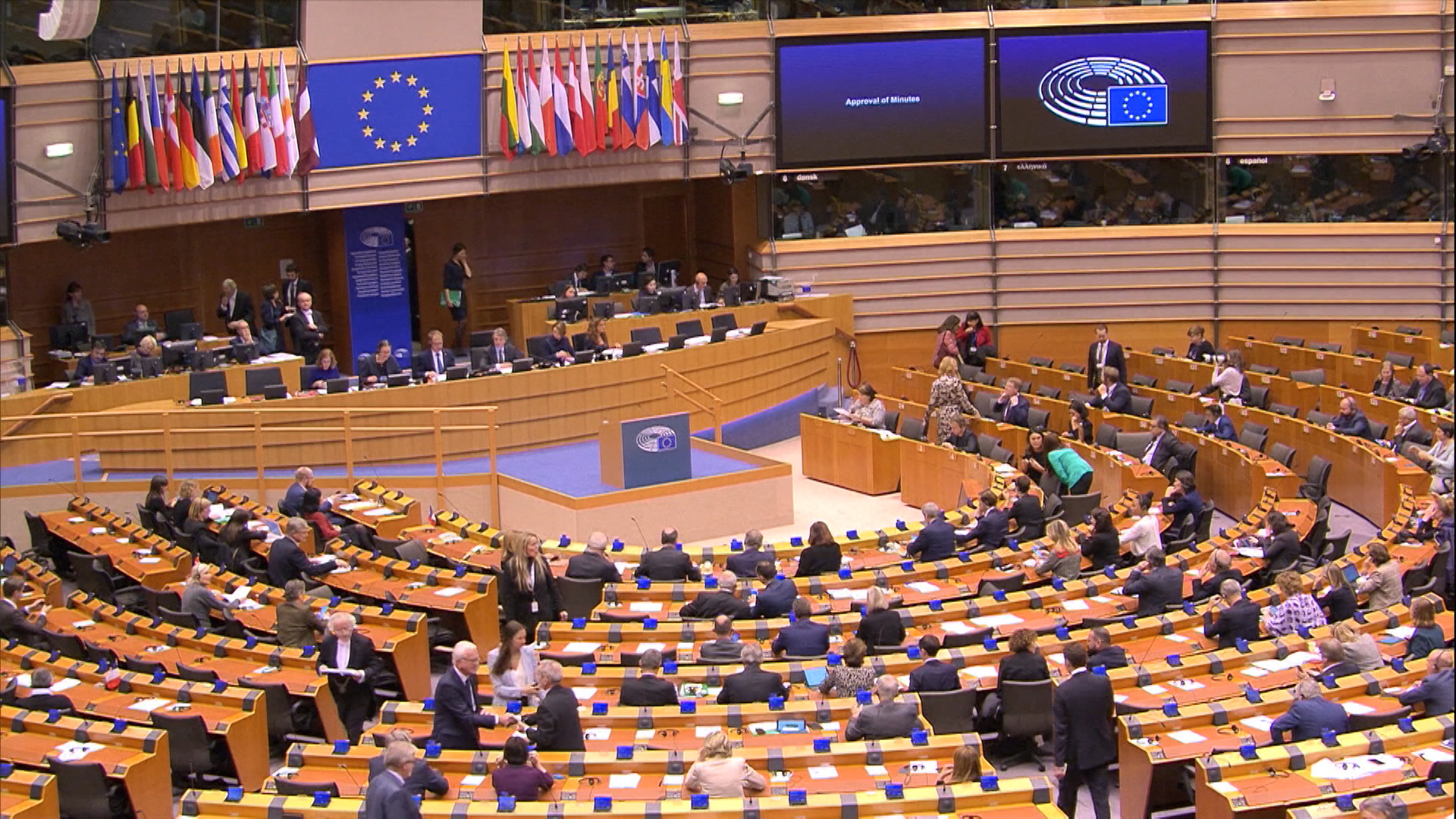7284
0
European Parliament approved changes in the functioning of Eurofunds
European Parliament approved changes in the functioning of Eurofunds. The funds will not go to nuclear energy or fossil fuels.

Yazar: Tom Roberts
Yayınlanma: 25 Haziran 2021 15:59
Güncellenme: 2 Mart 2026 16:35
European Parliament approved changes in the functioning of Eurofunds
On Wednesday, the European Parliament (EP) approved the rules for the operation of three funds aimed at strengthening the EU's economic, social and territorial cohesion, worth a total of € 243 billion. The cohesion policy package consists of the European Territorial Cooperation Objective (Interreg), the European Regional Development Fund and the Cohesion Fund (ERDF-CF), as well as the Common Provisions Regulation (NSU). It is a set of standards governing the functioning of EU regional, cohesion and social funds over the next seven years. The trio should be published in the Official Journal of the EU on 30 June and will enter into force a day later. Under the new common provisions, Interreg, as well as the European Regional Development Fund and the Cohesion Fund, will have to allocate at least 30% of its resources to climate action, the circular economy and investment in sustainable growth and job creation. The new legislation also includes specific measures to support small and medium-sized enterprises and the outermost regions. The operation of the European Regional Development Fund and the Cohesion Fund is governed by a single regulation. In total, € 243 billion has been allocated to the pair of funds, corresponding to about a quarter of the Multiannual Financial Framework (MFF) for 2021-2027. Together, they form the EU's largest investment vehicle. In an effort to contribute to the recovery of the economy after the corona crisis, funds from these funds will also be used to support culture, sustainable tourism, digitization, or to increase the resilience of public health. However, these funds will not support investments related to nuclear energy or fossil fuels. Until 31 December 2025, an exemption applies to projects aimed at replacing coal with natural gas. The Interreg program will have a budget of € 8.05 billion for the period 2021-2027, with a co-financing rate of 80% and 85% respectively for the outermost regions. The 3% higher resources compared to the previous period will be allocated from the budget of the European Regional Development Fund, up to 72.2% of these resources will go to cross-border cooperation. The rest will be divided between transnational cooperation (18.2%), cooperation between regions (6.1%) and cooperation between the outermost regions (3.5%). Up to 20% of funding under the Interreg program can be allocated to small projects. However, the EP pointed out that only those countries that respect the EU Charter of Fundamental Rights, the UN Sustainable Development Goals and the Paris Agreement on Climate Change can receive the funds allocated. In addition, they must promote gender equality and combat discrimination.İLGİLİ HABERLER





European stocks soared and focus shifted to German retail sales after Powell's speech!

Forex Signal For TRY/USD: Inflation Slowdown in November.

Forex Signal For GBP/USD: Bullish Trend Still Not Breaking While Recovery Continues.

Forex Signal For EUR/USD: Starry US Data Points to Higher Fed Increases.

Forex Signal For BTC/USD: Downside Continues as Bitcoin Recovery Moves Less.
En Popüler Haberler
Yorum Yap
Yorumlar
Henüz yorum yapan yok! İlk yorumu siz yapın...